Improving health care quality is absolutely the right thing to do for our patients, and different approaches are being used by the various organizations involved in health care.

At the Sharp End of the System: Disclosure and Apology in Otolaryngology
When the team of otolaryngologists from Children’s Hospital in Boston, including Drs. David Roberson and Rahul Shah, among others, investigated the classification of errors and physician responses to errors as it is germane to otolaryngology, they provided a great service to their fellow specialists.
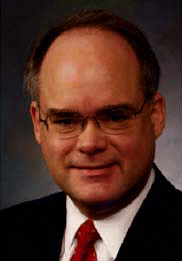
Drug Marketing: Different Impacts on Different Physicians
Pharmaceutical company representatives (PCRs) are as ubiquitous in otolaryngologists’ offices as seasonal allergies and ear infections.
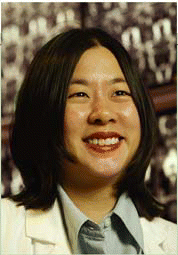
Proposed Vial Mixing Standard May Have Adverse Effects for Otolaryngologists
Standards proposed by the United States Pharmacopeia (USP) for the compounding of sterile medication could be applied to vial mixing in the office.
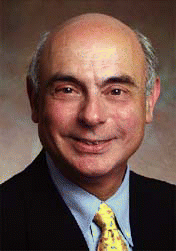
Dr. Michael M. E. Johns: A Statesman of Our Time

The Political Process: Get Involved-or Not
Politics is not a four-letter word. Yes, some of the posturing and dogmatic stands can be off-putting, but in our democratic system, politics is necessary and important.
Pay for Performance: What’s Next?
Payers are convinced that compensating physicians and hospitals for meeting quality targets, also known as “pay for performance” (P4P), is an important step in bridging the quality chasm identified by the Institute of Medicine in 1999.
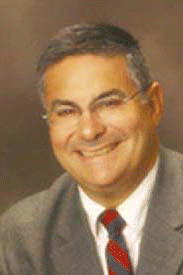
New Medicaid Changes in West Virginia and Kentucky May Affect Otolaryngology Practice
People of different political persuasions generally agree that the health care system in the United States is in deep trouble, but there is no consensus on how to fix it.
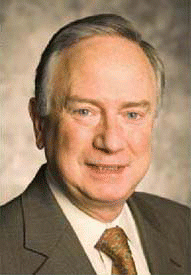
US Needs to Rethink Spending for Chronic Illnesses, Dartmouth Study Says
A new study from Dartmouth Medical School documents “staggering variations in how hospitals care for chronically ill elderly patients.” The study points to problems with quality and faults Medicare for unnecessary spending.

Drop-In Clinics May Help with Patient Care-But Close Oversight is Necessary
Drop-in retail clinics staffed by nurse practitioners or physician’s assistants may represent a fundamental and permanent change in how patients receive minor primary care in this country, providing affordable care and convenience-but do they serve the long-term health interests of otolaryngology patients and the doctors who treat them?
